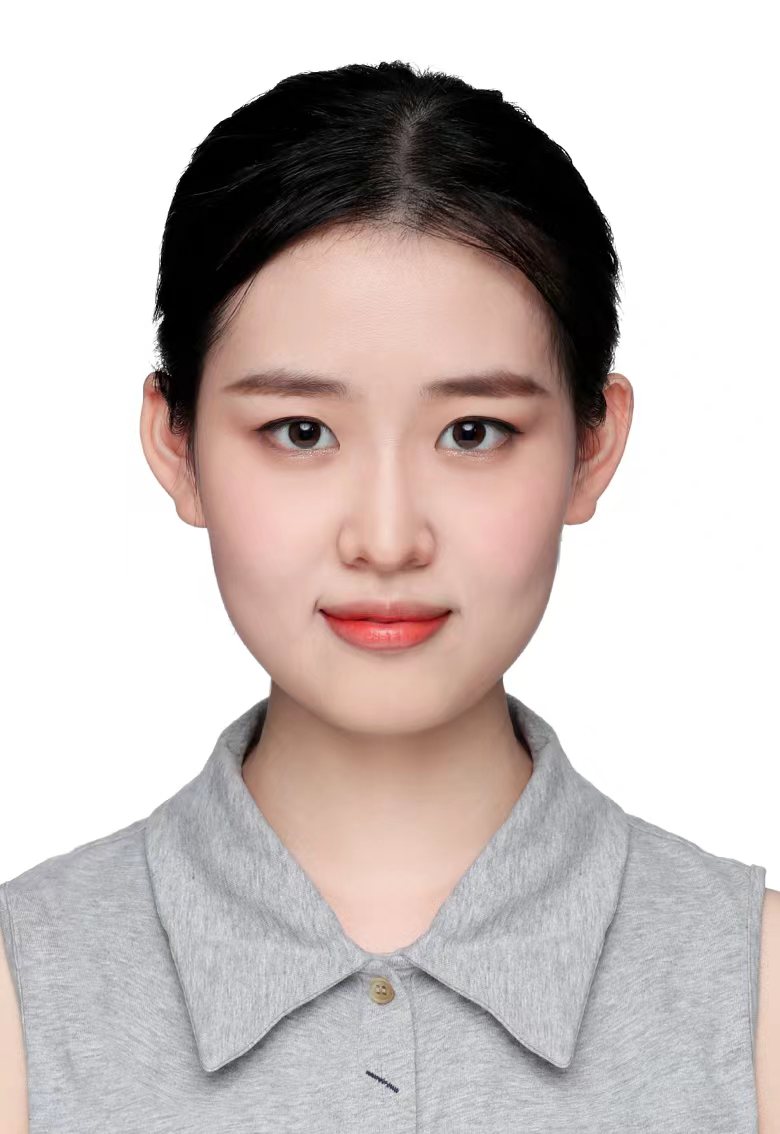羌韵QIANG RHYTHM
Category: Apparel
Competitions: China Mainland
在中国西北玉门关外,春风不度,杨柳不青,却生活着华夏古老的羌民族,伴着羌笛声声,他们逐渐向南边的山林迁移,就像是一片彩虹在云朵里流动。羌民族服饰上绚丽的色彩和自然图案装饰,寄寓了对自然界万物的崇拜与敬仰之情,这也反映了由远古时期流传至今的一种人与自然和谐共存的相处模式。 Outside the Yumen Pass in northwestern China, where the spring winds do not blow and the willows can not survive, there once lived the ancient Qiang people of China. They gradually migrated to the mountains in the south, accompanied by the sound of Qiang flutes, like a rainbow flowing in the clouds.The splendid colors and natural patterns decorating the Qiang people's costumes imply the worship and admiration for the living beings in the natural world, which also reflects a mode of harmonious coexistence between human beings and nature that has been handed down from the ancient times to the present day. 造型灵感源于十字剪裁法,这是中国传统服装的共同特征和零浪费剪裁方法,通过在方形面料上剪裁和缝合,实现面料到服装的转变,几乎无浪费。材料上,服装主要使用牛皮革,为提升舒适度,在关节位置拼接了柔软透气的针织面料。此外,针织面料的收缩特性也丰富了十字剪裁的造型,使服装更具立体感。工艺方面,借鉴了羌民族智慧,以皮缝皮,利用废料制成皮条组装袖子和裙摆,增强缝合牢固性和部件可拆卸性,可调节服装长短适应不同气温。此外,通过皮革拼接与编织工艺结合,重现中国经典牡丹花纹,并形成视觉上的疏密对比。局部珠绣工艺点缀,将羌族金属元素融入服装,增强冷暖、厚薄对比,来丰富质感层次。The design is inspired by the cross-cutting method, a common feature of traditional Chinese clothing and an early zero-waste cutting technique. By cutting and sewing on square fabric, it transforms fabric into clothing with minimal waste. This design further develops this method. For materials, cowhide leather is used as the main fabric. To improve comfort, soft and breathable knitted fabric is added at the joints. The shrinkage characteristics of knitted fabric enrich the cross-cutting design, giving the garment a three-dimensional effect.The craftsmanship draws on Qiang ethnic wisdom, using leather-on-leather stitching and scrap leather strips to assemble sleeves and skirts. This enhances seam durability and makes parts detachable for length adjustment to suit different temperatures. Leather patchwork and weaving techniques recreate classic Chinese peony patterns, offering visual density contrast. Bead embroidery adds detail, incorporating metal elements from Qiang jewelry, which enriches the garment's textural contrast and depth.

